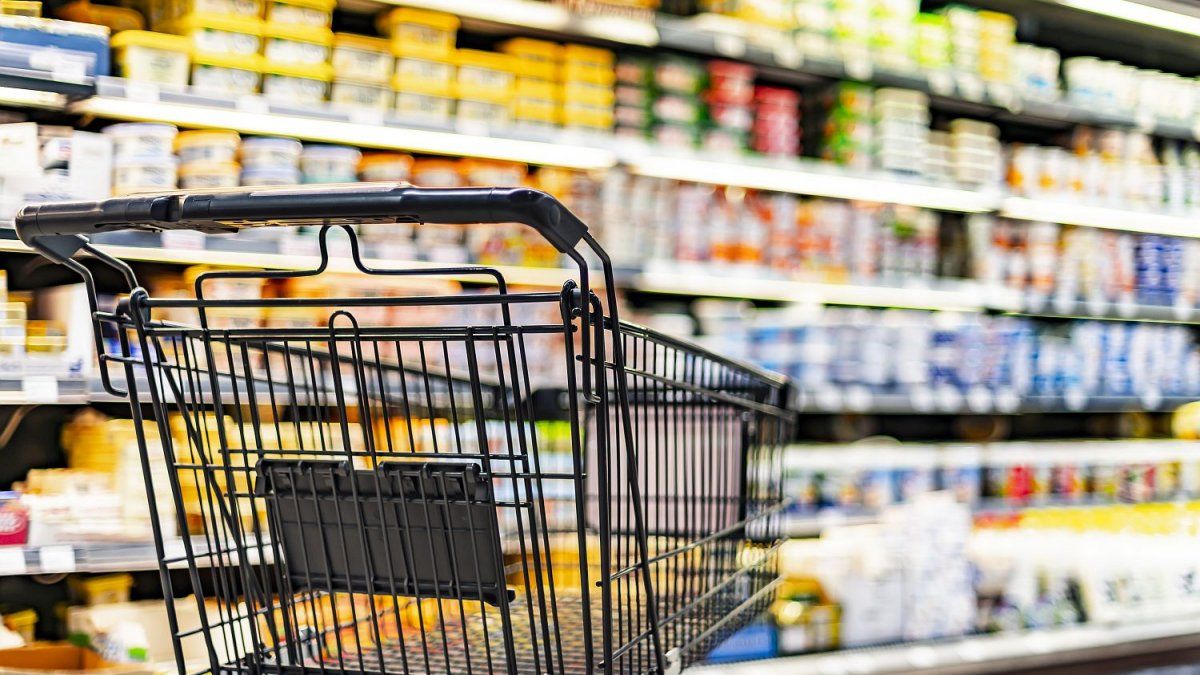The price of fuel increased on average by 27% this Wednesday. This is news that will have a full impact on inflation in Januaryboth due to the impact of gasoline on the CPI and due to the effects “ indirect” that have repercussions throughout the economy.
In fact, analysts estimate that just because of the direct impact that fuels have on the CPI, The recent increase will contribute between 1 and 1.5 additional points to the January figure. In this way, although a certain slowdown was estimated compared to December, inflation for the first month of the year would be around 20%.
“The weight that fuels have in the CPI at the national level is around 4%. That is, for every 10 points that gasoline increases, the CPI for that month tends to increase 0.4%. Therefore, what we have been seeing throughout this phase of fuel increases is that with the almost 75% increase on average in December, 3 additional points were added to inflation. “If we add the 27% that we have for now in January, that already adds up to 1.1 inflation point,” Santiago Manoukian, Head of Research at Ecolatina, explained to Ámbito.
Beyond the direct impact, the economist maintained that we must also consider the “chains, associated with the higher cost that fuel will now have”. “Starting directly from logistics and transportation costs. And all activities that use, with greater or lesser intensity, fuel and transportation. Mass consumption may be affected there. But also other sectors such as agriculture,” Manoukian summarized.
And he stressed that “The impact is transversal.” “Both the primary sector, the secondary sector, and the tertiary service sector: it affects both agriculture, industry, and businesses. This makes the initial impact of the fuel increase has a cascade effect, or indirect impacts, that affect the cost structure in companies and with it a certain transfer to prices”, he highlighted.
Inflation and fuels, the rise in prices “feeds back”
ypf-naftas-combustibles.jpg
The increase in fuel costs directly and indirectly impacts inflation
Argentine News
Sergio Chouza, director of the consulting firm Sarandí, pointed out that fuels have a “fundamental importance in the price index”. “It is the second individual product that has the most weight, only behind meat,” explained the economist, who estimated an impact of 1 point on the January CPI from the 27% increase in gasoline.
“Although it is not a small thing, it is also true that in relation to the general globe of what price increases have been, it is not something that makes a difference on an annual level either. But it is a very significant number and unfortunately it responds to the Executive’s intention to carry out the price recomposition process in a disorderly manner.without having much consideration of the timing, of what is the best sequentiality to give it sustainability, to preserve family consumption,” explained Chouza.
In that sense, the analyst stressed that increases in fuel not only affect “those who have a car and buy gasoline directly, but also all logistics, all products in the economy.” “Mainly food, which has something of a ‘gasoline effect’ in its interior during transportation,“, highlighted Chouza, who concluded that “the inflationary process and the very high inertia will continue to feed back, without resolving the underlying problems.”
The transfer to prices “could be lower”
For his part, Eugenio Marí, Chief Economist of the Libertad y Progreso Foundation, estimated that “due to the direct impact of fuels on the CPI, The price update will contribute about 1.5 additional points to the January increase.”
“There may be some transfer in other prices, but we believe it will be less, since an important segment of the prices already updated in December. All in all, we estimate a CPI for the first month of the year that will be in the 15%-20% range,” he explained.
In that sense, Marí highlighted that in the measurement carried out by the firm, “The general index showed a slowdown in the last week of December, explained by the fact that the initial impact of the clearing of the wholesale exchange rate is diluting”. “We have even recorded some prices that were nominally adjusted downward, such as meat, after having rises above their equilibrium in the second and third week,” he added.
“The most important thing is that this honesty of prices is occurring in a context of stability in the demand for pesos, which is noticeable in the stability of the parallel exchange rates and the exchange rate gap. If the path of reforms is consolidated, The possibility arises that the CPI for January and February will be lower than that of December”Marí concluded.
Source: Ambito




